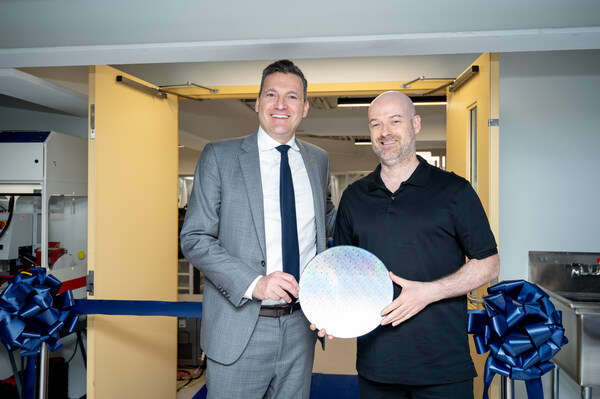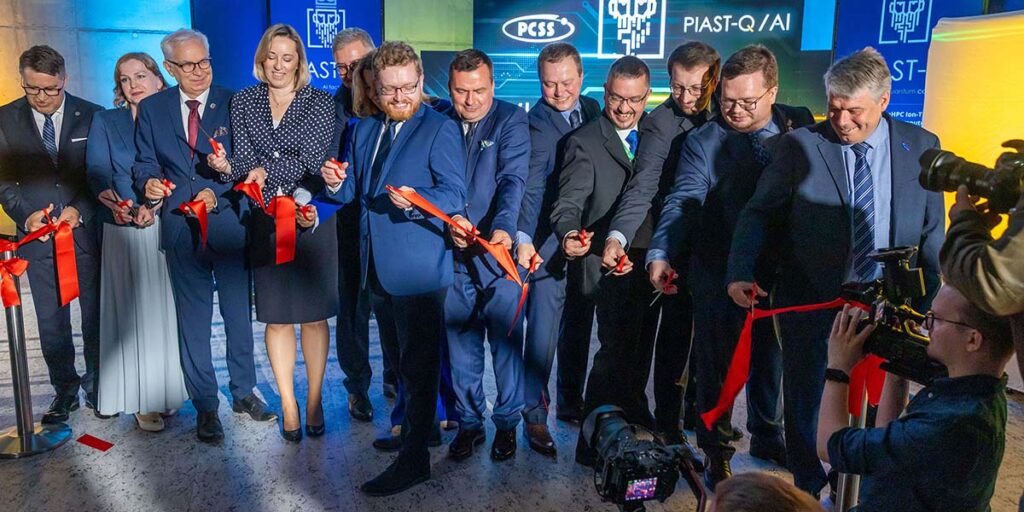Two Different Worlds
When conversations arise on quantum computing (QC) and quantum technology, it’s rare to hear the Middle East as an innovator in the sector. The Middle East consists of two distinct ‘economic realities’ — those richer nations like Israel, Saudi Arabia, Qatar, Kuwait, The United Arab Emirates (UAE), and Bahrain; while Iraq, Yemen, Syria, Oman, and Jordan belong to the second group with far less economic clout.
For the purposes of this article, we will leave Israel — which has a thriving quantum ecosystem in itself — for a separate deep-dive piece but will include Turkey, an important player and a country historically both part of this region and Europe.
Middle East Driving Factors
Oil (to invest petrodollars into tech to diversify away their source of GDP) and political stability, on the whole, are the key driving factors for the first group, with Saudi Arabia the UAE, and Qatar the three best examples.
So, it is with this trio, as well as Turkey, that we shall focus, at least to the point quantum initiatives are supported by the respective governments of the countries in a commercial and academic sense. Of the four, however, the UAE pips Saudi Arabia to the finishing line.

All realize, nevertheless, that they need to act fast if they’re to catch up with the investments already made in quantum technology in the US, China, the UK, Germany, France, Canada, India, Japan, and other countries.
Having established that Saudi Arabia, the UAE, Qatar, Bahrain, and Kuwait — otherwise known as the Gulf States (though Oman and Yemen can geographically be included here too) — differ from the other Arab states in the region as they are high-functioning economies with stable polities, we can now explore what is going on in terms of quantum initiatives.
The UAE’s Quantum Computing Efforts

A good place to start is Abu Dhabi — one of the seven emirates that make up the United Arab Emirates, an elective monarchy formed from a federation of Abu Dhabi (the capital of the country), as well as Ajman, Dubai, Fujairah, Ras Al Khaimah, Sharjah, and Umm Al Quwain — and its Quantum Research Center (QRC) at Abu Dhabi’s Technology Innovation Institute. Formed in partnership with Barcelona-based startup Qilimanjaro Quantum Tech, Abu Dhabi’s Technology Innovation Institute (TII) formed the Quantum Research Centre (QRC), the ORC’s Chief Researcher is José Ignacio Latorre.
In several excellent articles published in Wired this year, the QRC was showcased on its quantum strategy.
Professor Dr. Andrew Lütken, Executive Director of the Center’s Quantum Computing Group, stated that the QRC is on the path to laying the foundations for producing its first simple quantum chips.
“These capabilities can unlock new algorithmic possibilities for quantum computers, allowing them to carry out calculations that “no conventional computer, such as your laptop, can achieve in a lifetime,” he told Wired in an interview.
According to the same publication, the QRC currently has three qubits running on its Masdar City premises, with plans to develop five by the end of 2022 and at least thirty more quantum bits over the next two years. Lutken reported the team is equally focused on laying a strong foundation for future quantum research. “More than the number of qubits, it is the quality of qubits and how well they work together that really matters.” Before adding: “In the UAE, we have exceptional local talent and coupled with the extraordinary global expertise we are attracting to TII, we are training a new generation of quantum engineers.”
So, it’s clear the country has a determined strategy that will see it compete globally until mid-decade — compounded by the fact Lütken, who earned his Ph.D. from the University of Texas at Austin and has been a Professor in the Department of Physics at the University of Oslo (Norway) since 1993 — believes the [UAE] will compete on quality and originality. Established western nations have no monopoly on that, as is clear from the history of science.
In education, too, Abu Dhabi is leading the way in the region. NYU Abu Dhabi professors Sana Odeh and Hisham Sati, organizers of the UAE’s first quantum computing hackathon in April, are part of that trend. Inspired by similar hackathons events hosted by MIT and CERN, Odeh and Sati brought together more than 150 students from around the world to the UAE capital. During the hackathon, the apprentice quantum coders worked on quantum computers to solve problems as diverse as financial services, logistics and healthcare issues.
“There’s going to be a need for millions of jobs in the future, which will be based on quantum computing,” said Odeh, chair of NYU Abu Dhabi’s annual Hackathons for Social Good.
These hackathons and similar initiatives could assist the rise of the technology by popularizing it. According to Wired, “Abu Dhabi’s Technology Innovation Institute (TII) is currently fabricating superconducting circuits at temperatures colder than outer space, as it builds the Arab world’s first quantum machine.” Even Andrew Lutken, Executive Director of TII’s Quantum Computation Group, predicts the institute will start manufacturing Abu Dhabi’s first qubits this year.
The Kingdom’s Role in Quantum Computing

Yet it’s not only the UAE that is doing some impressive things. In 2021, King Abdullah University of Science and Technology (KAUST), Saudi Arabia’s graduate-only university, announced a partnership with Zapata Computing to be a licensed user of the Boston-based startup’s Orquestra®, the modular, workflow-based platform for applied quantum computing.
On the partnership, Kevin Cullen, Vice President of Innovation and Economic Development at KAUST, said:
“We are delighted to be the catalyst for bringing quantum capabilities to CFD research in the Kingdom of Saudi Arabia and to the Middle East. This partnership establishes Zapata as one of the first quantum computing companies active in the region and will enable KAUST researchers to explore the future of aerospace fluid dynamics.”
While Christopher Savoie, Co-founder and CEO at Zapata Computing, said: “The collaboration with KAUST will benefit the aerospace industry as a whole by using quantum to bring efficiency to what has historically been a slow and difficult process.”
Qatar’s Quantum Involvement

Qatar is interested in quantum too, with Qatari defence company Barzan Holdings investing $10 million in Doha-based Hamad bin Khalifa University (HBKU) as part of a national initiative on quantum computing.
The university announced this April the establishment of a Qatar Center for Quantum Computing (QC2), which will be focused on research in the areas of quantum computing, cryptography and quantum AI.
On the Qatari initiative, Dr. Saif Al-Kuwari, a professor at HBKU and recipient of the multi-million-dollar grant, said the partnership would help secure Qatar’s strategic future in the sector and position it as a global player in emerging technologies.
Turkey’s Quantum Computing Strategy

Although not as prominent as the other three, Turkey’s contribution to quantum technology includes several preliminary programs at the university level, including Bilkent University, where the project titled “Topology of quantum resources: Homotopical methods in resource theories for quantum information and quantum computing” funded by the Air Force Office of Scientific Research is reportedly ongoing.
Other university programs contributing to the sector are Gazi University’s Photonics Research Center, İzmir Institute of Technology’s Applied Quantum Research Center and the Advanced Technology Research and Application Center based at Selçuk University.
We shouldn’t forget QTurkey either, a communication and collaboration network for quantum technologies-related activities within the country. QTurkey organizes workshops and the dissemination of popular science content in Turkish, holds study groups and meetings for interested students in related topics and acts as a gathering ground for quantum enthusiasts on the country level.
Quantum Startup Ecosystem?
In the commercial sphere, however, the Middle East sadly lacks a representative body of startups in the space like in North America, Europe and the Far East. This will change with time, no doubt, but for now, it looks like most of the effort with innovation is coming from government agencies and universities.
Quanterro Labs, (now inactive it seems), it should be noted, was an exception as the only startup in the region. Based in Khalifa City A, Abu Dhabi, the startup focused on single-photon-based technologies, cryptography and communications systems and was founded in 2019 by Kaisar Parvez and Ram Soorat.
Feature image: Image by Paule_Knete from Pixabay
If you found this article to be informative, you can explore more current quantum news here, exclusives, interviews, and podcasts.

















